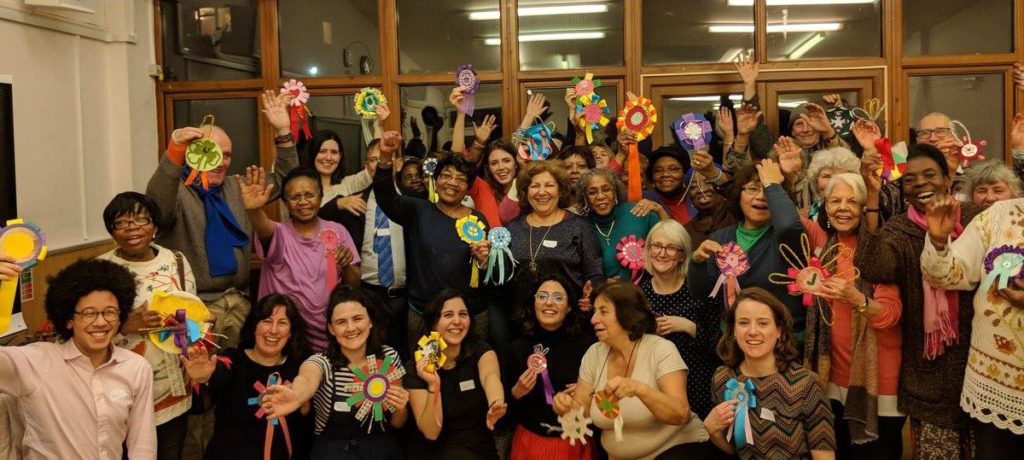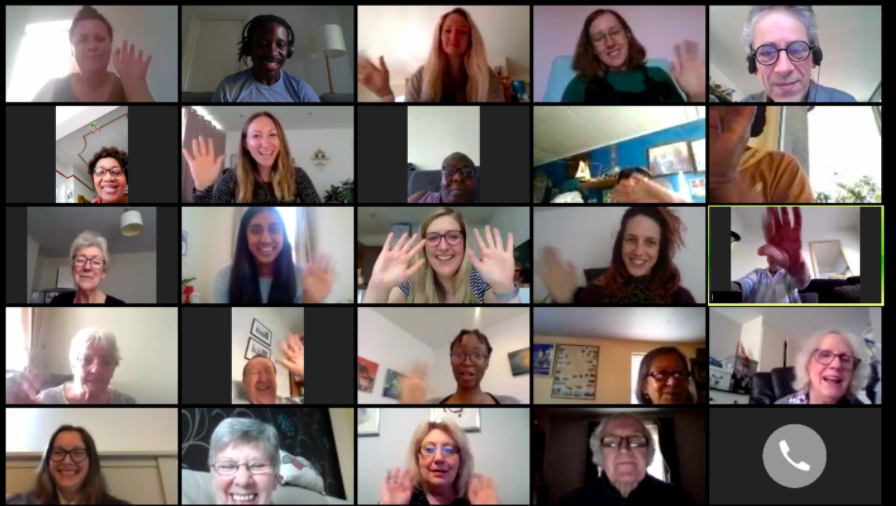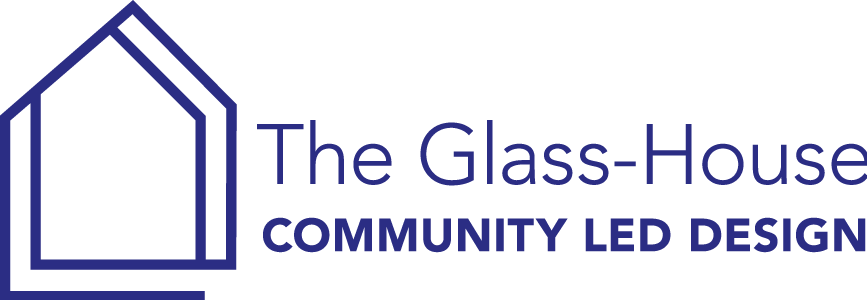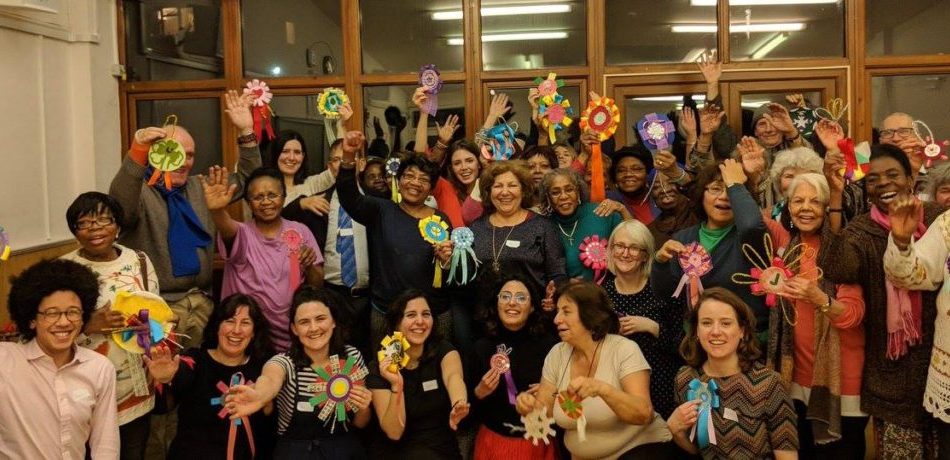Written by:
I joined South London Cares around two years ago. I started volunteering regularly while I lived in Brighton and really enjoyed meeting new people, learning new skills, and refining old ones. While working in The City I was doing some research on different charities and community groups I could get involved with, when I chanced upon the South London Cares website.
The Cares Family was opened in 2011 by Alex Smith after a chance encounter with an eldery neighbour. They both developed a bond while Alex helped Fred with everyday tasks.The core aim of the group is to find connection and community in a disconnected age, this is achieved by creating an environment, whether virtual or physical, where intergenerational bonds can flourish.
The Cares Family has a number of branches, North London Cares was the inaugural branch, which developed programmes to bring older and younger neighbours together. South London Cares came about in 2014, followed by Manchester Cares, Liverpool Cares, East London Cares, in 2017, 2018 and 2019 respectively. Over 18,000 older and younger members have had the chance to connect and grow through these new found relationships, while exchanging knowledge and skills.

Over my first few months volunteering as part of the social clubs programme, I’ve taken part in sessions including Creative Writing, Tech support, and many parties including one for Pancake day, a few choir evenings and a few dance workshops! But as Covid Lockdown set in, the team endeavoured to launch online sessions.
Zoom sessions began in March and I was selected for the first SLC test session, which went rather smoothly. Later on in the month, I took part in the Zoom support programme which led to me helping a number of older neighbours navigate Zoom.

The team at South London Cares put together a helpful pack for volunteers to refer to with clear and concise instructions on Zoom installation step up, reporting, and confidentially. Though I’d used Zoom in the past I definitely learnt a few more things along the way.
The process was enjoyable, not only did we have a good natter, but we shared knowledge and time together. Teaching a new skill is hard, but doing it remotely is even harder! But the reward was worth it, as in most cases by the end of the session we were chatting face to face (virtually) and older neighbours often had many questions. In some cases the older neighbours were keen to use their new skills with family and asked how to set up calls.
In a world where more than ever people feel lonely or isolated, programmes like those run by SLC, skill exchanging and community building create strong bonds, friendships and attachments that may have not formed otherwise.
In this ever changing world, which has now slowed down dramatically due to Covid, we can now pause and appreciate things that we may have overlooked, and take time out to share and converse with our neighbours. Fundamentally to connect and care, which is such an important part of what makes us human.
Engaging communities in shaping their places is not just about the design of the built environment. Community, and places that thrive rely on networks of relationships that make them thrive.
I’ll leave you with this quote from one of the older neighbours;
“The art of conversation is not a thing from the past. It’s a thing to be used. That’s one thing I like about coming here: you can be open, you can talk to anyone.”
You can read more about South London Cares in general and how the team developed virtual sessions below.
Transitioning to ZOOM by Enoch Adolfo
Introducing our new outreach approach to building friendship and connection by Matt Scaysbrook


